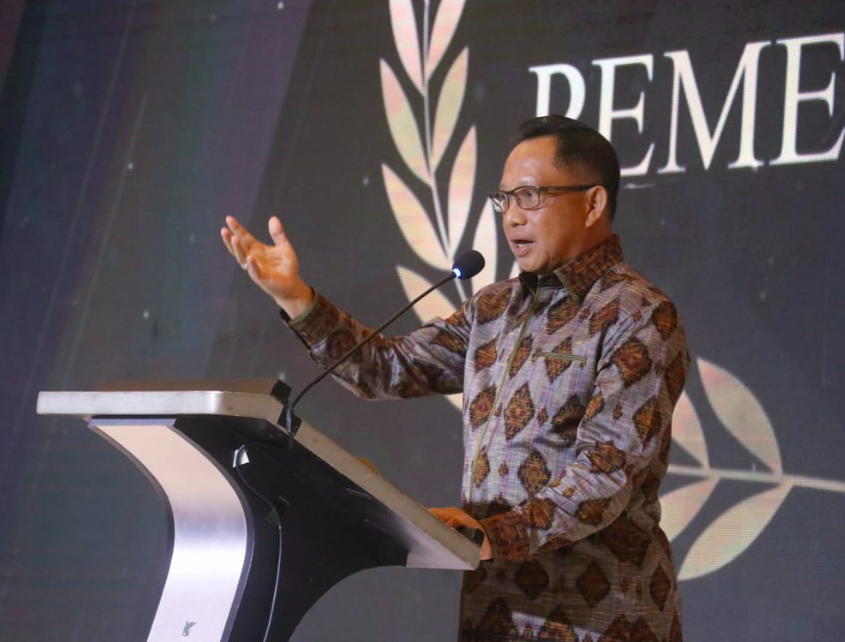Prabowo Alarmed by Vigilantism Masquerading as Civil Groups, Warns of Threat to Investment Climate
Main Takeaways
|
JAKARTA, investortrust.id – President Prabowo Subianto has raised alarm over growing reports of vigilante-style behavior by civil society groups that intimidate businesses and threaten Indonesia’s investment climate. The president, through his top ministerial aides, emphasized that such conduct, often cloaked in the guise of community organizations, undermines legal certainty and economic development.
State Secretary Prasetyo Hadi, speaking on behalf of the President at the Presidential Palace on Friday, May 9, 2025, confirmed that both Prabowo and his administration were “deeply disturbed” by the actions of rogue groups posing as community organizations, known locally as ormas, which have engaged in coercive tactics affecting corporate operations.
“Frankly, we share public concerns. No organization should be allowed to operate like street thugs, especially not under the banner of civil society. Such behavior disrupts the business climate,” said Prasetyo.
To combat the threat, Prabowo has been holding consultations with Attorney General ST Burhanuddin and National Police Chief General Listyo Sigit Prabowo. The administration is exploring two parallel paths: preventive guidance for community groups, and law enforcement if criminal offenses are found.
“Should we find criminal violations, there will be legal consequences,” Prasetyo warned. “If the offenses are serious and intolerable, then prosecution is inevitable.”

Government Forms Special Task Force
The government has launched an Integrated Task Force for Vigilantism and Disruptive Civil Groups (Satgas Premanisme) aimed at curbing the influence of such groups on public order and investor confidence. According to Prasetyo, local law enforcement and ministries can still act independently even without the task force’s direct involvement.
“Local police and the Ministry of Home Affairs already have the authority to act. They don’t need to wait for the task force to intervene,” he said.
Minister of Home Affairs Tito Karnavian elaborated on the task force’s main function: to enforce existing laws against vigilante activities conducted by registered or unregistered organizations.
“The task force is primarily about enforcing current regulations. Each agency knows its responsibility,” Tito said on Thursday, May 8.
Under the current framework, organizations registered as legal entities fall under supervision of the Ministry of Law and Human Rights. Non-legal organizations listed under the Ministry of Home Affairs can be sanctioned with deregistration. Criminal acts remain the jurisdiction of the police.
One administrative sanction involves revoking an organization’s registered status, rendering it ineligible for government facilities and public funding such as grants. “If an organization is delisted, it loses access to public resources,” Tito said.
Parliamentarians Back Firm Action
Lawmakers in the Indonesian House of Representatives (DPR) welcomed the government’s move. Indrajaya, a member of Commission II, supported the Ministry of Home Affairs’ policy to revoke the legal standing of groups involved in intimidation and extortion.
“These groups have spread terror, caused unrest, and disrupted social order. The state cannot be defeated by thugs hiding behind community banners,” Indrajaya said.
He cited violations of Law No. 17/2013 on Civil Organizations, which outlines that community groups must serve social cohesion, religious tolerance, and environmental stewardship—not criminal enterprise.
Another legislator, Abdullah from the National Awakening Party (PKB), said the creation of the Satgas Premanisme fulfilled a longstanding request from Parliament and should now be followed by swift, uncompromising enforcement.
“The task force must act decisively—without discrimination. This is a long-overdue response to escalating reports of extortion, road blockades, and factory closures,” Abdullah stated.
He also emphasized the need for strong inter-agency coordination across the police, military, intelligence, and legal sectors to avoid bureaucratic friction.
“Eliminate sectoral egos. The mission is clear: crack down on vigilante behavior masked as civil activism,” he said.

